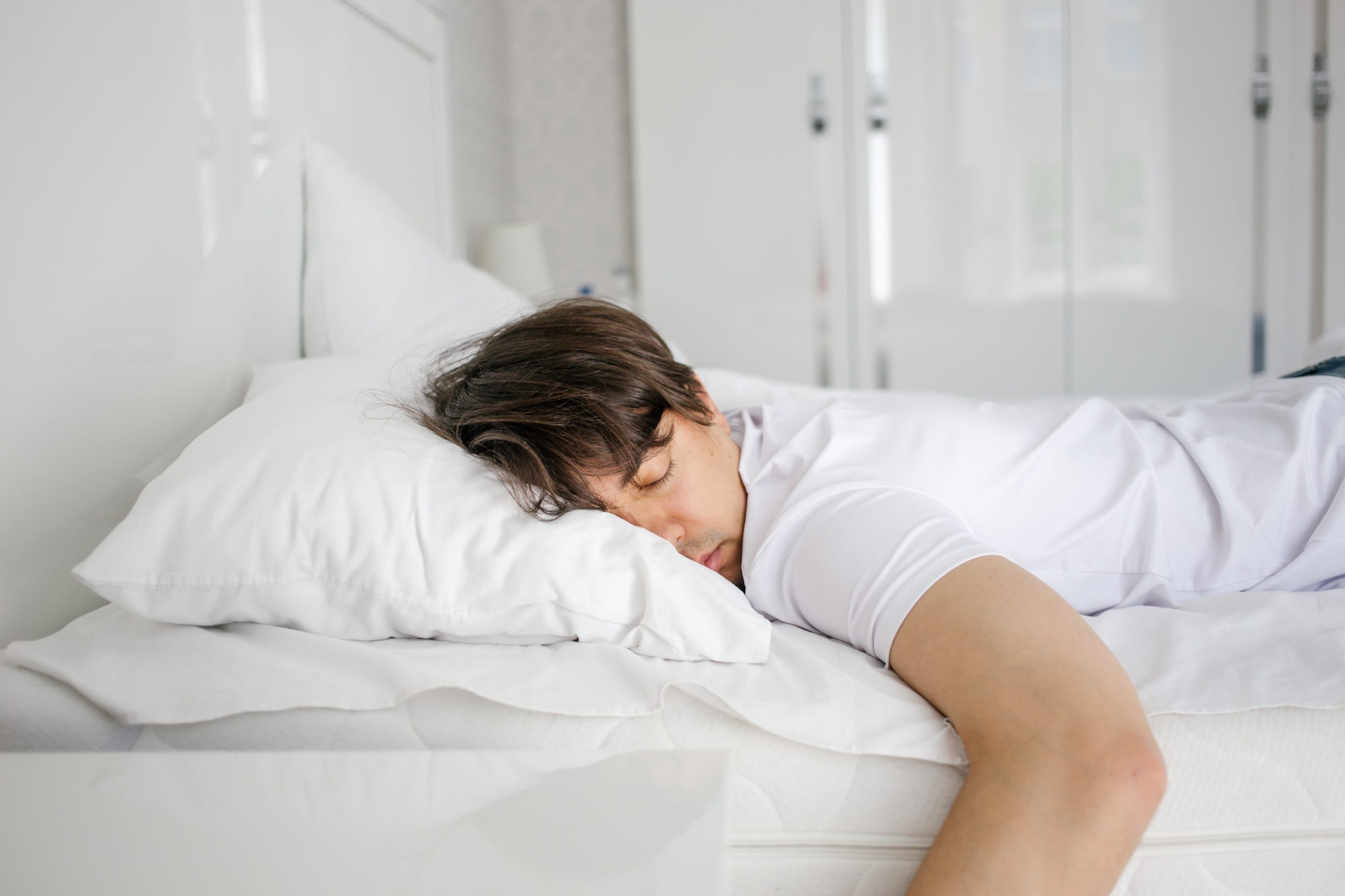New York City’s round-the-clock energy can make it hard to unwind—and yet, good sleep and regular exercise are crucial for staying well. In this article, we explore how much rest and activity New Yorkers actually get, why it matters, the barriers they face, and practical steps to improve wellness in a city that never sleeps.
How Much Sleep Are New Yorkers Getting Each Night?
A recent study by sleep-tech firm Simba found that the average New Yorker sleeps just 6 hours 36 minutes per night—below the 7–9 hours recommended for adults.
- Staten Island residents report the least sleep (6 h 18 m).
- Manhattan and Queens fare slightly better (6 h 42 m).
What Are the Recommended Sleep Guidelines for Adults?
Health experts agree adults need at least 7 hours of sleep each night to support memory, immune function, and emotional well-being. Falling short is linked to higher risk of obesity, diabetes, heart disease, and depression cdc.gov.
How Much Exercise Do New Yorkers Get Compared to Guidelines?
The U.S. Department of Health and Human Services advises adults to aim for 150 minutes of moderate-intensity activity per week—about 30 minutes a day on most days—plus muscle-strengthening exercises at least twice weekly In New York City:
- 70.8% of adults report meeting the recommended amount of physical activity.
- By borough, Manhattan leads with 81.7%, while Brooklyn reports 69.9%.
By contrast, only 46.9% of U.S. adults nationwide meet the aerobic guideline, and 24.2% meet both aerobic and strength recommendations.
Why Is Adequate Sleep and Exercise Important for Health?
Sufficient rest and regular activity work hand-in-hand to:
- Regulate metabolism and maintain healthy weight.
- Support cardiovascular health, lowering blood pressure and cholesterol.
- Boost mood and reduce anxiety or depression.
- Enhance cognitive performance and memory retention.
When sleep or exercise falters, risks rise for chronic conditions like diabetes and heart disease cdc.govcdc.gov.
What Barriers Do New Yorkers Face for Sleep and Exercise?
New Yorkers encounter unique challenges:
- Noise and Light Pollution: Urban density means more street noise and late-night lights.
- High Stress Levels: Fast-paced lifestyles can fuel insomnia and reduce motivation to exercise.
- Space Constraints: Smaller apartments and crowded gyms limit opportunities for at-home workouts.
- Time Pressure: Long commutes and packed schedules push self-care down the priority list.
How Can New Yorkers Improve Their Sleep and Exercise Habits?
- Create a Restful Bedroom:
- Use blackout curtains and a white-noise machine.
- Set a consistent “lights out” time—even on weekends.
- Use blackout curtains and a white-noise machine.
- Incorporate Movement into Daily Routines:
- Walk or cycle for short trips.
- Take the stairs or stretch at your desk.
- Walk or cycle for short trips.
- Schedule Workouts Like Appointments:
- Block 30 minutes in your calendar for a walk, yoga session, or strength circuit.
- Block 30 minutes in your calendar for a walk, yoga session, or strength circuit.
- Leverage Local Resources:
- Join community sports leagues or free outdoor fitness classes in parks.
- Join community sports leagues or free outdoor fitness classes in parks.
- Monitor Progress:
- Use smartphone apps or wearables to track sleep patterns and activity levels.
- Use smartphone apps or wearables to track sleep patterns and activity levels.
Works Cited
American Academy of Sleep Medicine and Sleep Research Society. Recommended Amount of Sleep for a Healthy Adult. Sleep, vol. 38, no. 6, 2015, pp. 843–844. PMC, https://pmc.ncbi.nlm.nih.gov/articles/PMC4434546/.
Centers for Disease Control and Prevention. “FastStats: Sleep in Adults.” CDC, 2024, www.cdc.gov/sleep/data-research/facts-stats/adults-sleep-facts-and-stats.html.
Centers for Disease Control and Prevention. “Adult Activity: An Overview.” Physical Activity Basics, 2023, www.cdc.gov/physical-activity-basics/guidelines/adults.html.
Centers for Disease Control and Prevention. “Exercise or Physical Activity.” FastStats, 2024, www.cdc.gov/nchs/fastats/exercise.htm.
City of New York, Department of Health and Mental Hygiene. “Physical Activity for Older Adults.” NYC Health, 2022, www.nyc.gov/site/doh/health/health-topics/physical-activity.page.
Kirch, Lisa, et al. “Which New York City Boroughs Get the Best and Worst Sleep?” New York Post, 19 Nov. 2024, nypost.com/2024/11/19/lifestyle/which-new-york-city-boroughs-get-the-best-and-worst-sleep/.
Take the Next Step Toward Better Health in Manhattan
Living in New York City means juggling a fast-paced lifestyle—but your health should still be a priority. Whether you’re aiming to manage your weight, stay ahead of potential health issues, or reduce everyday stress, NY Choice Medical offers guidance rooted in preventive care and long-term wellness.
Explore focused health solutions built for busy Manhattan residents:
- Comprehensive Weight Management
Understand how physician-led weight strategies can support your long-term goals. - Family Medicine Services
Learn how consistent, compassionate care supports every member of your household. - Health Screening Services
Discover the importance of early detection and routine checkups in urban life. - Wellness and Stress Management
Find out how balancing mental and physical health can improve daily performance.
Taking small, informed steps now can make a big difference in the future. Let your path to better health start here in Manhattan.
Frequently Asked Questions
2. What counts as moderate-intensity physical activity?
Activities like brisk walking, casual cycling, or gardening—anything that raises your heart rate and makes you breathe harder but still lets you hold a conversation.
3. Why do New Yorkers struggle to get enough sleep?
Urban noise, light pollution, high stress, and irregular schedules in a 24/7 city all contribute to shorter, less restful sleep.
4. How can I track my sleep and exercise effectively?
Use smartphone apps or wearable fitness trackers to monitor sleep duration and activity levels, and set reminders to maintain consistency.
5. Where can I find professional help for sleep or fitness issues?
For sleep concerns, visit a sleep specialist; for exercise guidance, consult a certified personal trainer or join community fitness programs. For medical advice, see https://nychoicemedical.com/.

